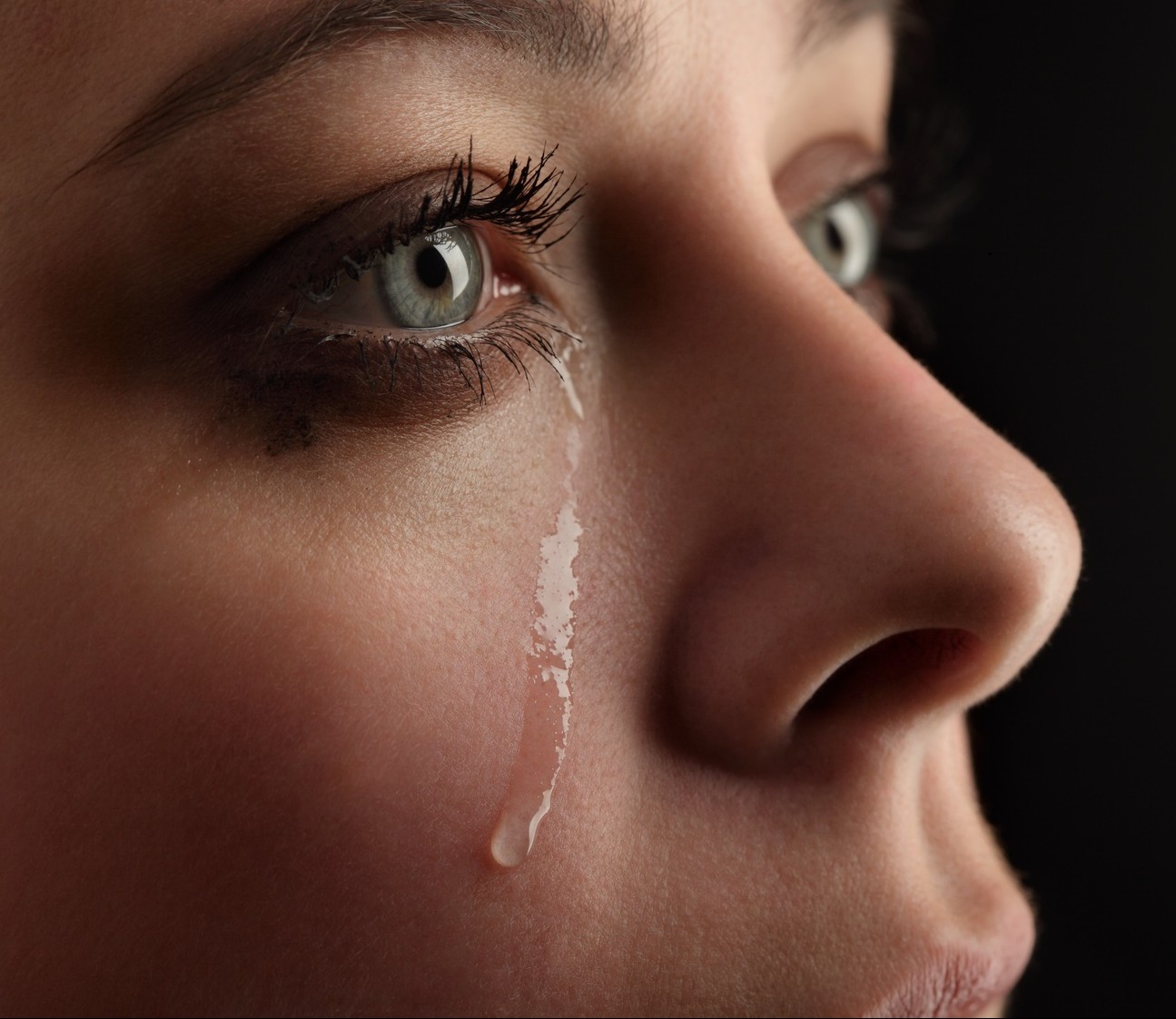
 Believe it or not, grieving ((from Wikipedia: Grief is a multifaceted response to loss, particularly to the loss of someone or something that has died, to which a bond or affection was formed. Although conventionally focused on the emotional response to loss, it also has physical, cognitive, behavioral, social, spiritual, and philosophical dimensions. While the terms are often used interchangeably, bereavement refers to the state of loss, and grief is the reaction to loss, along with nostalgic longing for something or someone that probably won’t return.
Believe it or not, grieving ((from Wikipedia: Grief is a multifaceted response to loss, particularly to the loss of someone or something that has died, to which a bond or affection was formed. Although conventionally focused on the emotional response to loss, it also has physical, cognitive, behavioral, social, spiritual, and philosophical dimensions. While the terms are often used interchangeably, bereavement refers to the state of loss, and grief is the reaction to loss, along with nostalgic longing for something or someone that probably won’t return.
Grief is a natural response to loss. It is the emotional suffering one feels when something or someone the individual loves is taken away. Grief is also a reaction to any loss. The grief associated with death is familiar to most people, but individuals grieve in connection with a variety of losses throughout their l